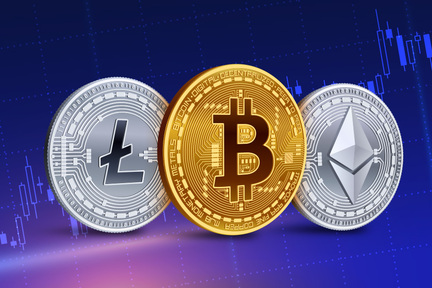On a scam - Paul Krugman in NYT:
‘Why were so few willing to bet against the bubble? A large part of the answer, I’d suggest, was what we might call the incredulity factor — the sheer scale of the mispricing the skeptics claimed to see. Even though there was clear evidence that housing prices were out of line, it was hard to believe they could be that far out of line — that $6 trillion in real estate wealth would evaporate, that investors in mortgage-backed securities would lose around $1 trillion. It just didn’t seem plausible that markets, and the conventional wisdom saying that markets were OK, could be that wrong.
But they were. Which brings us to the current state of crypto.
Last week the Federal Trade Commission reported that “cryptocurrency is quickly becoming the payment of choice for many scammers,” accounting for “about one of every four dollars reported lost to fraud.” Given how small a role cryptocurrency plays in ordinary transactions, that’s impressive.’
(…)
‘As a number of analysts have pointed out, stablecoins may seem high-tech and futuristic, but what they most resemble are 19th-century banks, specifically U.S. banks during the “free banking” era before the Civil War, when paper currency was issued by largely unregulated private institutions. Many of these banks failed, in some cases due to fraud but mostly due to bad investments.
Now, some modern economists defend the free banking era. Perhaps not surprisingly, free-banking defenders, like crypto enthusiasts, tend to have a libertarian bent; the most ardent defenders of free banking are associated with right-wing think tanks that have also promoted environmental denialism and opposed measures against Covid-19. Still, during the free-banking era, private currencies did indeed circulate and function as mediums of exchange.
Arguably, however, that was because there were no better alternatives: greenbacks — dollar notes issued by the U.S. Treasury — didn’t yet exist. Today greenbacks and government-insured bank deposits do exist, so stablecoins play almost no role in ordinary business transactions. What purpose, then, do these assets serve?
You can ask the same question about crypto in general. I’ve been in a number of meetings in which skeptics ask, as politely as they can, what cryptocurrencies do that can’t be done more easily with more conventional means of payment. They also ask why, if crypto is the future, Bitcoin — which was introduced in 2009(!) — has yet to find any significant real-world uses. In my experience, the answers are always word salad devoid of concrete examples.
OK, criminals seems to find crypto useful; a recent Reuters investigation found that over the past five years the crypto exchange Binance has laundered at least $2.35 billion in illicit funds. But where are the legitimate applications?’
Read the article here.
Useful for criminals and their pals, useful for people hungry to get rich – well not useful, or as useful as a casino is – very handy for whitewashing money.
All very important. To some more than to others.
The cryptos won’t disappear anytime soon, but they won’t replace the dollar or the euro either. Sometimes the status quo is really a relief.
